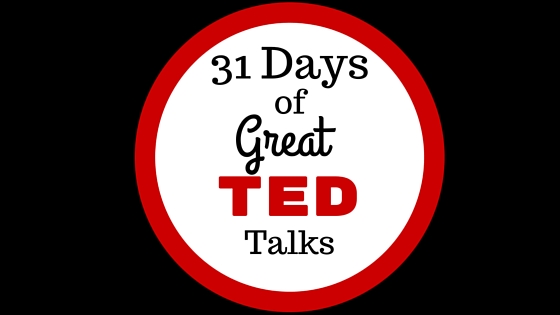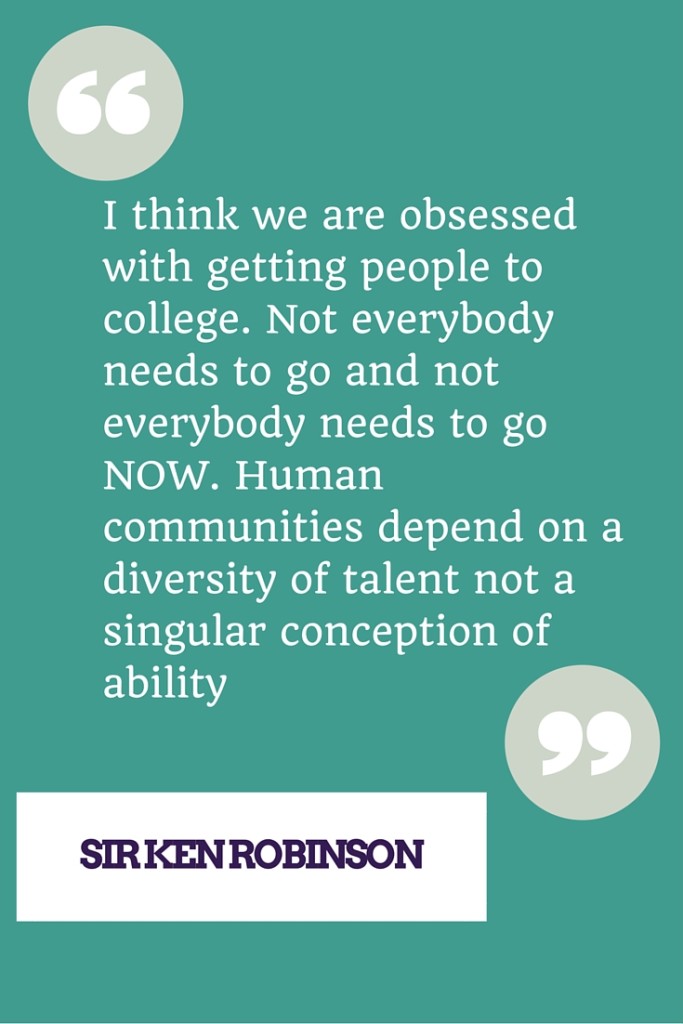This TED talk by Mike Rowe is graphic but you can handle it. Rowe is the host of “Dirty Jobs” on the Discovery channel and he’s committed to bringing dignity to work by showing some of the most dangerous and well, dirty jobs.
He wonders whether we’ve declared war on work and suggests that we question platitudes like “follow your passion”.
Since enrollment in trade schools continually decreases, he wonders whether there will be enough skilled workers to fill the jobs needed to rebuild the country’s infrastructure.
The mike rowe WORKS foundation promotes hard work and supports skilled trades through a trade school scholarship program. Rowe also wrote a book to promote the trades and to raise money for the foundation scholarships. “Profoundly Disconnected” was only available on the foundation website when it was published but that button takes you to the eBay auction page. Amazon’s prices seem to be more reasonable so I included it here. If you find out that the book is available somewhere that would benefit the foundation, please let me know so I can change the link.


